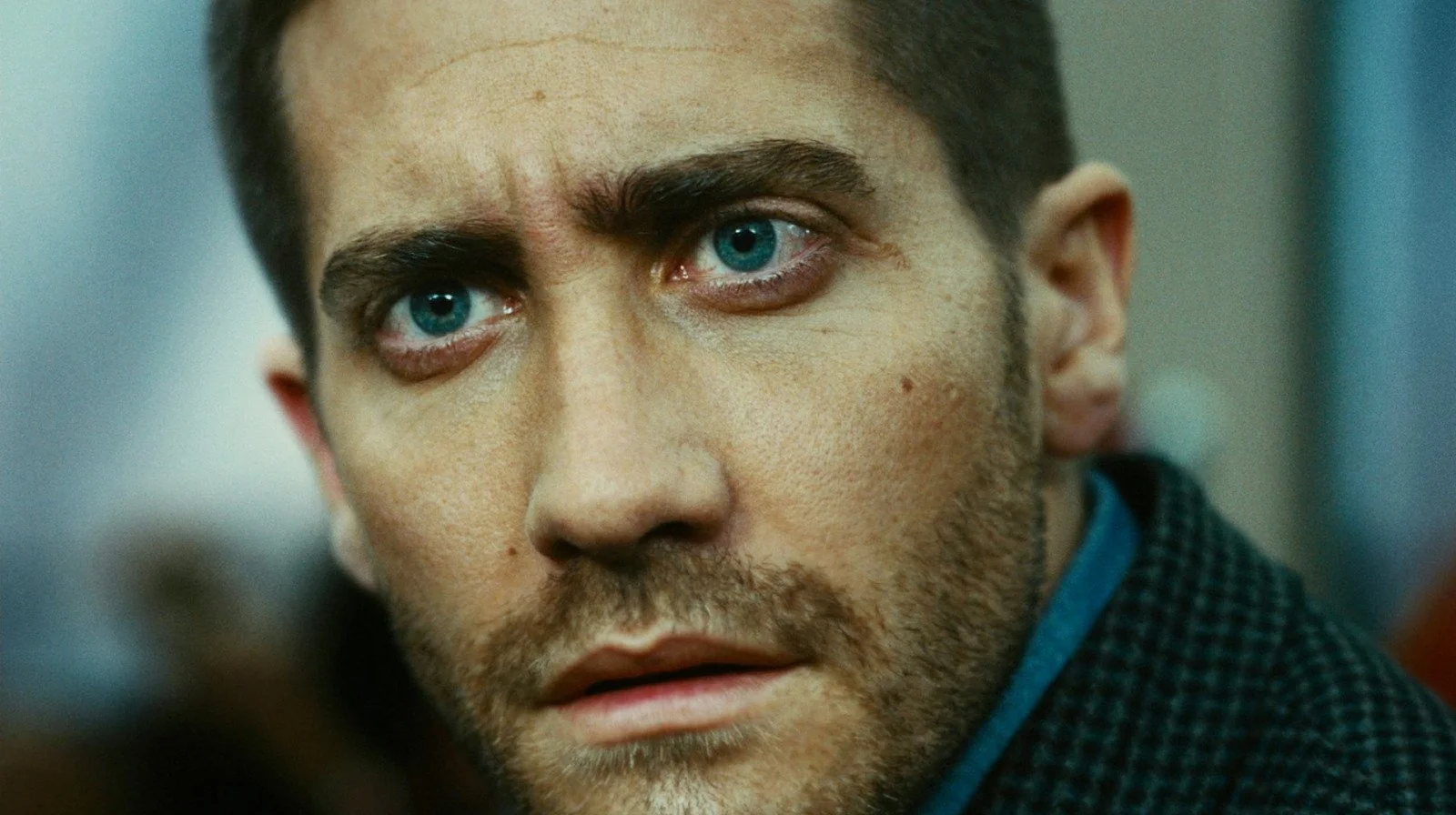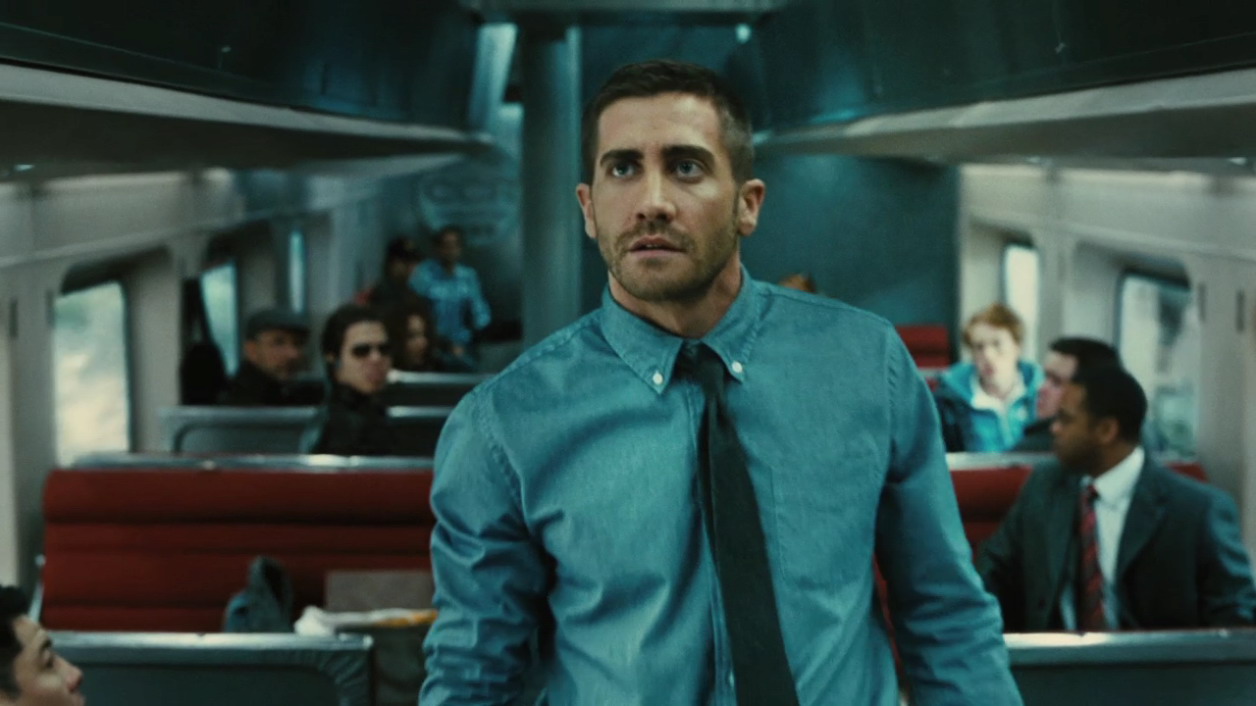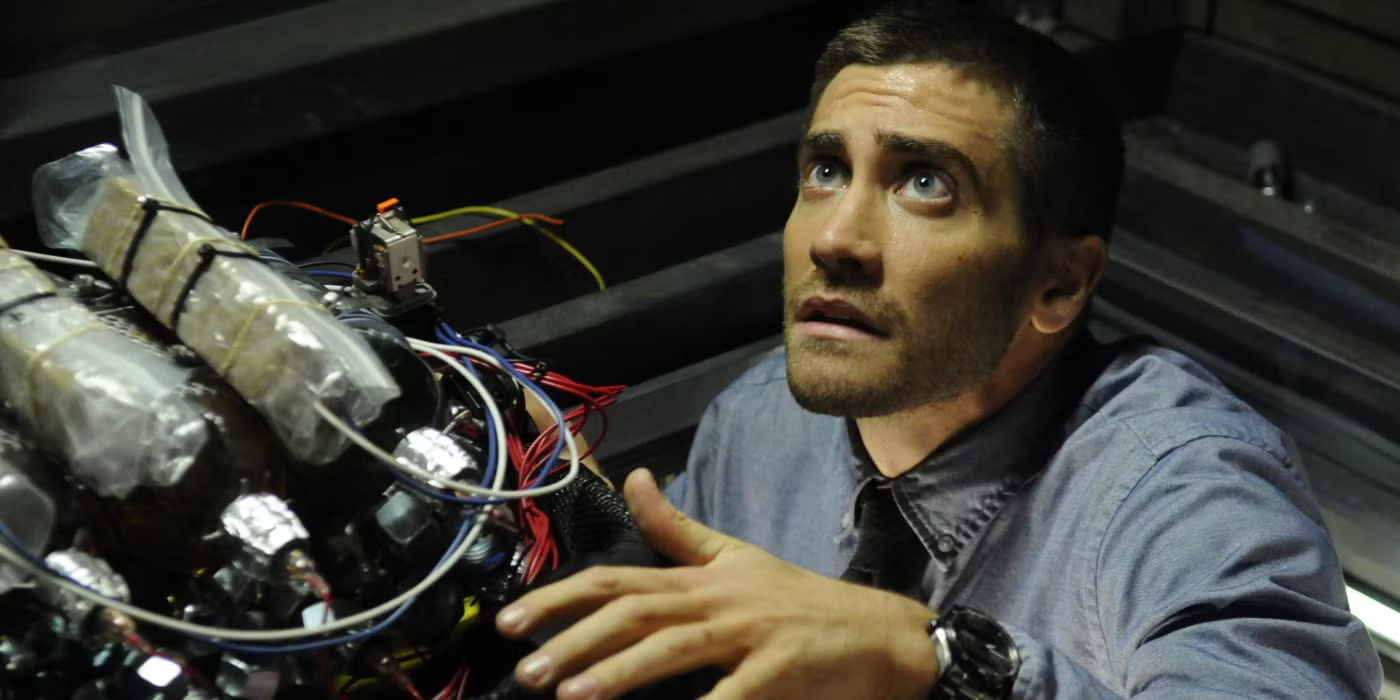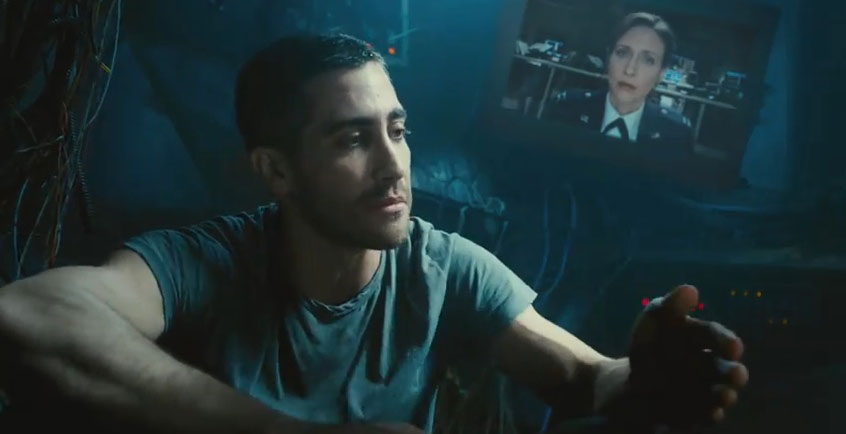Duncan Jones’ 2011 film Source Code combines elements from various genres, creating a unique and ambitious movie. Drawing from spy thrillers, military dramas, and time-loop narratives, the film keeps its audience engaged with a tightly plotted story. After Jones’ success with Moon (2009), a smaller sci-fi film with psychological depth, Source Code offered him a bigger budget, but he kept the scale intimate, delivering an exploration of isolation and technological impacts.
Though the film begins as a mind-bending sci-fi mystery, it also weaves together elements of romantic comedy and military thrillers. With its constant twists and a time-loop structure, Source Code invites the audience to solve the puzzle alongside the protagonist. As the film progresses, it becomes clear that there’s more beneath the surface of the plot, especially as Captain Colter Stevens (Jake Gyllenhaal) begins to question what’s happening to him. The ending leaves audiences with lingering questions, and understanding the film’s conclusion requires looking into the details.
The Plot of Source Code
The story begins with Captain Colter Stevens waking up confused and disoriented. He finds himself on a commuter train, facing a woman named Christina (Michelle Monaghan), but he has no idea how he got there or where he’s headed. Just as Stevens processes his surroundings, the train explodes in a deadly blast. But rather than dying, Stevens wakes up again, this time believing he’s been flying a helicopter in Afghanistan. A mysterious voice from Captain Colleen Goodwin (Vera Farmiga) explains that Stevens has been participating in a top-secret anti-terrorism mission.
The technology behind the mission is called Source Code, and it allows Stevens’ consciousness to enter the body of Sean Fentress, a passenger on the train. He has eight minutes to find the bomb and stop a terrorist before more attacks can occur. The catch is that Stevens can’t change the past, but he can interact with the environment as if he’s living the moments of the train journey again. The passengers, including Christina, are already dead, but preventing future attacks is the mission. Through multiple iterations, Stevens gets closer to stopping the threat.

How Source Code Works
The mechanics behind Source Code remain vague throughout the film, emphasizing action over explanation. Dr. Rutledge (Jeffrey Wright) briefly explains that Source Code isn’t a simulation but a form of time travel, facilitated by quantum mechanics. The technology allows Stevens to inhabit a person’s consciousness for a brief eight-minute period after their death, making it seem like a strange form of “time reassignment.”
While Stevens is told he can’t alter the past, he quickly realizes he can influence people’s actions within the eight-minute loop. He attempts to save Christina’s life, which goes against the parameters of his mission, but his insistence on changing the past gives him a new purpose. Although Goodwin and Rutledge stress the importance of focusing on stopping the bomb, Stevens’ desire to save lives remains strong.
The Mystery of Captain Colter Stevens
The more Stevens attempts to identify the bomber, the clearer it becomes that something is amiss. He learns that he was declared dead after being severely injured in Afghanistan two months prior, and his brain is being kept alive in a state of suspended animation. The Source Code technology has allowed his consciousness to be placed in the mind of a dead man, and he’s been kept alive to aid in military operations. While Stevens protests, questioning the legality of such a program, Rutledge justifies it by stating that many soldiers would prefer this fate to death.
Despite his anger and confusion, Stevens strikes a deal with Rutledge. If he successfully prevents a second attack, Rutledge promises to let Stevens die, but Stevens soon realizes that Rutledge has no intention of keeping his word. When Goodwin attempts to help, Stevens finally sees the extent of his situation. In a chilling scene, Stevens’ true condition is revealed: his body is a barely functioning torso, kept alive for the use of the Source Code project.
What Happens at the End of Source Code?
As Stevens repeats the time loop, he eventually tracks down the bomb, hidden in the train’s bathroom vent. He also begins to profile passengers to identify the bomber. After several failed attempts, Stevens uncovers a key piece of information about a man named Derek Frost, who is connected to the plot. Stevens manages to track Frost down, only to be killed along with Christina in the process.

After being mentally revived, Stevens gives Rutledge the critical information to stop the bombing, but he insists on going back one last time. In a final attempt, he prevents both bombs from detonating, saving the lives of everyone aboard the train. He believes this will be his final moment and shares a kiss with Christina.
Is Colter Stevens in Sean Fentress’ Body?
The real twist of the film comes after Stevens completes his mission. Though he expected to die when the eight-minute loop ends, Stevens realizes that he’s still alive. He walks through Chicago with Christina, and in a reflection in Cloud Gate (the Bean), it becomes evident that Stevens now permanently occupies Sean Fentress’ body. The implication is that Stevens has erased Fentress from existence to create a new reality in which the bomb is never detonated.
This raises the ethical dilemma: if Stevens’ consciousness now lives in Sean’s body, what has become of Sean? His body remains alive but devoid of a mind, while Stevens lives on in an alternate timeline. This philosophical and moral conundrum underscores the film’s complex view of identity and reality.
What Was Source Code Really?
Source Code isn’t just about preventing a tragedy; it hints at something much more profound. While the program seemed to be a means to alter past events, the narrative suggests that the use of Source Code creates new realities where the past is rewritten. The passengers, who should have died in the original timeline, continue to live in a parallel world where the bomb never exploded.
This raises troubling questions: Does the program create multiple realities, each with different outcomes? If Source Code is rewriting history, then it might be responsible for creating numerous alternative timelines, some of which could involve catastrophic consequences. The film leaves it unclear whether Dr. Rutledge is aware of the full scope of his invention’s power or if he’s using it with a limited understanding of its ethical implications.
What Does the Ending Mean?
On the surface, Source Code’s ending seems optimistic. Stevens has prevented the second attack, saved lives, and found a second chance at life, including a future with Christina. However, the idea that Source Code creates new realities suggests a more disturbing reality. If each time the program is used, a new reality is created, then Stevens’ actions might have doomed countless people to die in other timelines where the bombs went off.
The ending leaves room for multiple interpretations. If Source Code creates new worlds, it means the program might cause unintended consequences in alternate realities. Rutledge’s obsession with the project hints that he may be fully aware of the moral complexities involved in altering reality for the sake of saving lives in one timeline.

The Twist Explained
In the film’s final moments, Stevens sends an email to Goodwin that offers a revelation: Source Code works not by merely observing the past, but by creating new worlds. This twist suggests that the film’s events might have reset reality. Alternatively, Stevens might be communicating with Goodwin from a different reality, where both of them continue to exist in a different version of events.
This twist leads to more confusion about which reality the characters are truly in, especially regarding Stevens’ consciousness. It’s possible that Stevens has reset reality entirely, or that he’s still trapped in an alternate reality where the mission was a success, and the events of the train never happened. The twist adds complexity, leaving audiences with a sense of unresolved ambiguity.
Behind the Scenes of Source Code
Source Code had an interesting development process. Initially, the script was written by Ben Ripley, and it was praised for its tense structure. However, when Jake Gyllenhaal came on board, the film began to take shape in new ways. Director Duncan Jones was drawn to the fast-paced narrative and felt it was a unique opportunity to explore complex ideas in an engaging way.
The production of Source Code required meticulous attention to detail, especially when shooting scenes where Stevens re-enters the time loop. The actors, including Gyllenhaal and Michelle Monaghan, had to repeat scenes with subtle variations. The film’s twists and multiple layers were carefully crafted, inviting discussion about its ending. The film’s cast and crew were keen to leave the audience with a sense of mystery, encouraging viewers to interpret the finale in their own way.
The Legacy of Source Code
Although Source Code was a commercial and critical success, its potential for sequels or spin-offs was never fully realized. There were plans for a TV series based on the film’s concept, but it was ultimately abandoned. A potential sequel, directed by Anna Foerster, also stalled. Despite this, Source Code remains a standalone film that explores themes of time, identity, and the moral implications of technology. It’s a thought-provoking film that continues to spark conversation about its ending and the nature of alternate realities.




